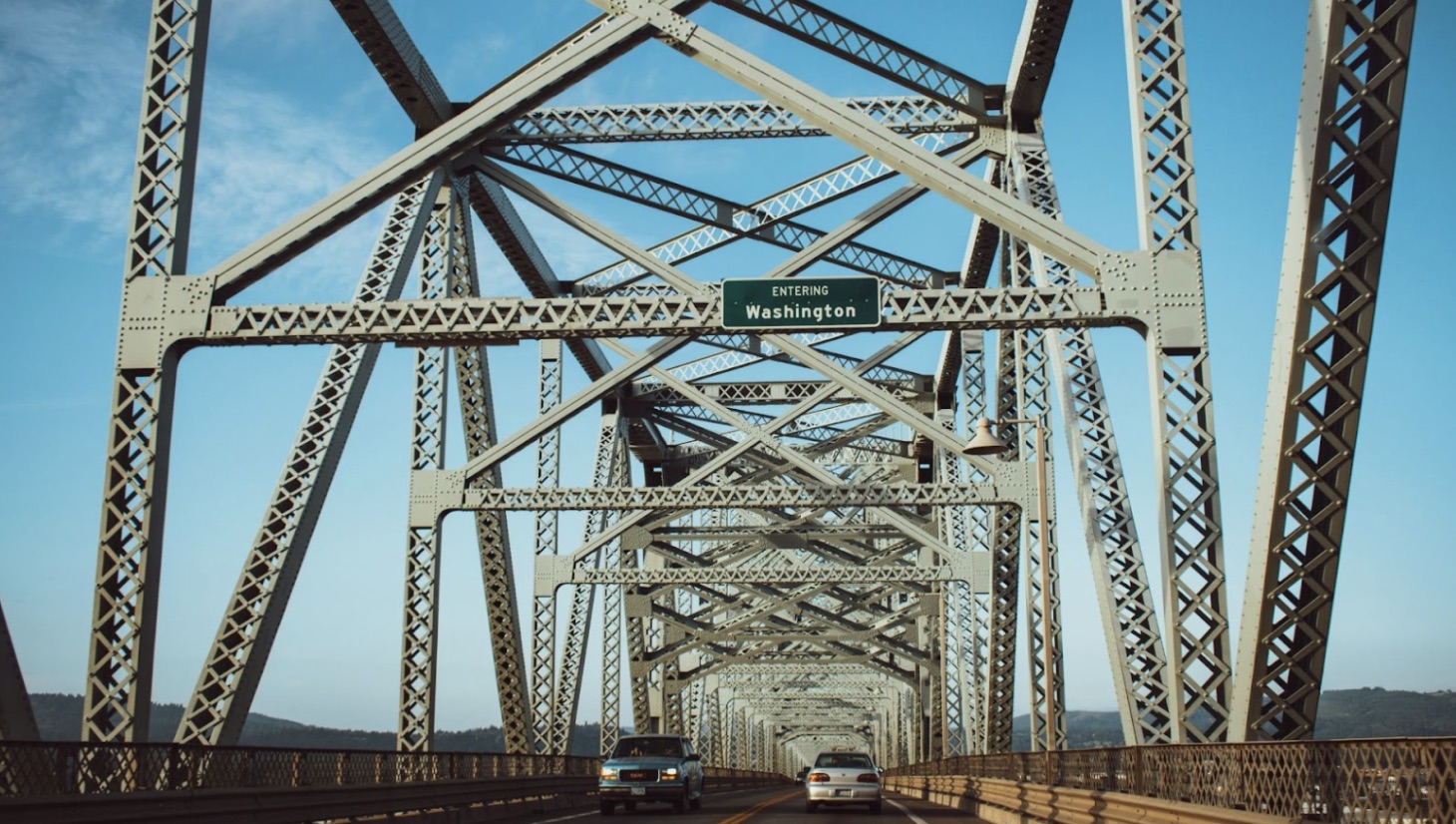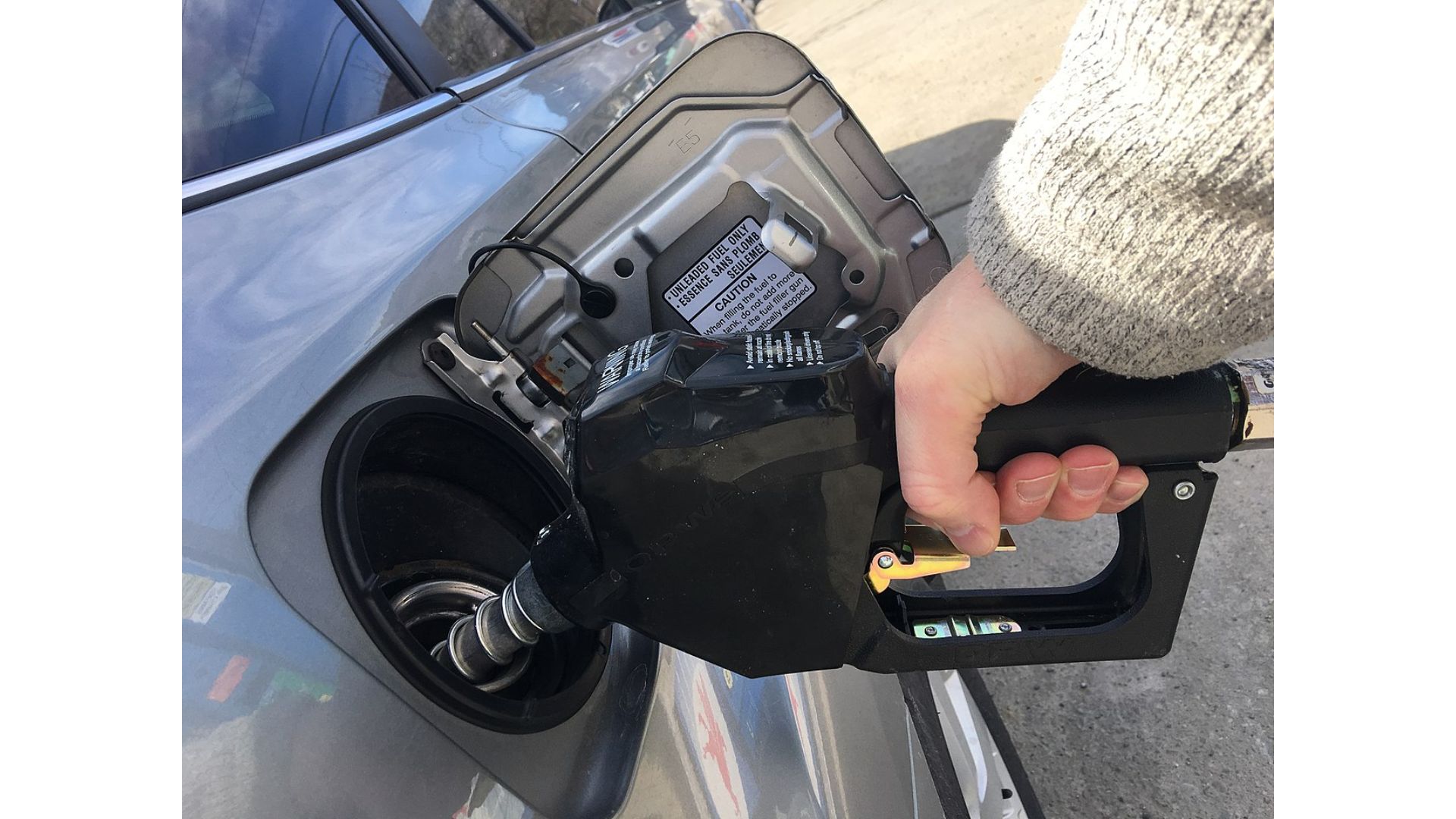Amazon Pushes to Repeal Washington’s Most Ambitious Climate Law
Large companies such as Amazon have led a counter-push in the efforts to repeal Washington’s most ambitious climate law. The state’s 2021 Climate Commitment Act, also called “cap and invest,” may be repealed this November.
Many Washington residents don’t want this to happen, as they want to continue to fight climate change. Surprisingly, companies like Amazon and BP have also agreed to fight this ballot initiative to help keep the climate change policy in place.
Cap and Invest
The Cap and Invest Act that Washington passed in 2021 requires companies that release high emissions to pay for the pollution they create.

Source: Pavł Polø/Unsplash
They must pay for this pollution in what is called a carbon market. This market, which first began operating just last year, has already raised $2 billion for Washington and its state-funded programs.
How the Carbon Market Works
Washington state’s companies that are considered the largest emitters must buy allowances that cover their emissions. They must buy enough allowances to cover most of their greenhouse gases.

Source: Toan Chu/Unsplash
The purchases of these allowances occur at auctions that can be run by either the state or secondary markets. Only companies that produce more than 25,000 metric tons of carbon dioxide in a year in Washington have to buy back these allowances.
Some Companies Are Exempt
Some companies, particularly smaller ones, are exempt from this program and market. For example, gas and electric utility companies tend to get all of their allowances for free.

Source: Brewing Cats/Unsplash
Only companies that emit massive amounts of carbon dioxide into Washington truly are affected by this market. For the most part, these companies are in the gas or oil industries.
Pushing for Lower Emissions
The goal of this market is to push massive corporations to lower the amount of emissions they create. To successfully do this, the number of allowances that are available to purchase is decreased every year.

Source: David Merrick/Unsplash
This pushes these companies to further lower their emissions. Companies can also reduce their emissions by selling any surplus allowances that they may have. Corporations that need these extra allowances can buy them, resulting in the market having a trade aspect to it.
Raising Money in Washington
Washington receives the money through these auctions by selling these allowances to corporations. So far, these auctions have resulted in Washington receiving about $1.9 billion.

Source: Andy Li/Unsplash
This money has been spent on a variety of state-funded programs. It has helped transportation, infrastructure, and state-run climate programs.
A New Challenge
Now, this climate act faces a new challenge. Critics of the act have put forth initiative I-2117 on the upcoming ballot in November.

Source: Vincent Etter/Unsplash
This initiative would completely repeal the law — and further prevent any other similar type of law from being enacted in the state. This law is bankrolled and backed by a wealthy investor who lives in the Seattle area.
An Increase in Fuel Costs
For the most part, conservatives are backing the repeal of this act. Those in support of this initiative have stated that the carbon market increases fuel costs for average Washington residents — particularly those who cannot afford it.

Source: MarkBuckawicki/Wikimedia Commons
They have claimed this occurs because oil companies have simply increased their costs to customers to pay for the extra money they’re spending at the carbon market.
Gas Prices
Gas prices have gone up throughout Washington. In some areas, such as Seattle, gas is now more than $5. However, supporters of the climate law explain that gas has gone up in the state before — and it’s always come back down.

Source: Jay Skyler/Unsplash
Others cite different factors for these increased gas prices, such as geopolitical concerns in the Middle East.
Supporters of This Climate Law
Interestingly, many different kinds of supporters have backed this climate law. As a result, they’ve decided to push against this initiative that is trying to repeal the act.

Source: Pavł Polø/Unsplash
Most notably, BP Plc, a major oil corporation, is pushing a “No on 2117” message and urging residents “to vote no on this initiative and keep the state’s carbon pricing program alive.”
Other Companies Pushing Against Repeal
Other billionaires and companies have also joined the fight to stop this law from being repealed, surprising many climate activities. Bill Gates has given $1 million to the coalition tasked with defeating the initiative.

Source: Christian Wiediger/Unsplash
Amazon.com Inc. has also joined the effort alongside various labor forces that are trying to keep the climate law in place.
A Fight Against Climate Change
Washington’s law is one of the most ambitious laws seen in the country to fight climate change. Pam Kiely, the associate vice president for U.S. climate policy at the Environmental Defense Fund, explained that losing this program would be detrimental to the state and the entire country.

Source: Andrew Rivera/Unsplash
Kiely stated, “Losing those tons matters not just to Washington and how they are going to meet their goals, but it broadly matters in the context of how the U.S. is going to meet its targets.”
